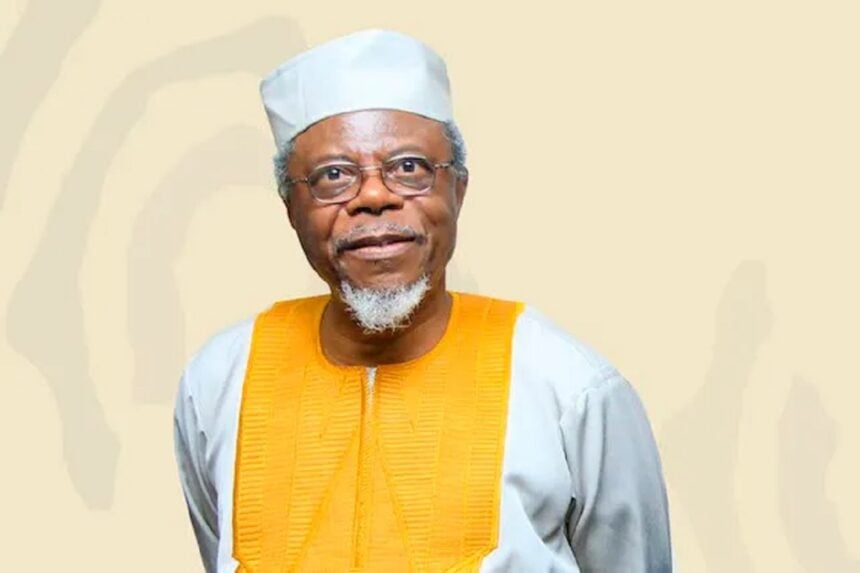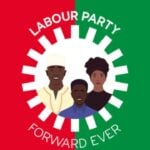
When many people speak about democracy in Africa, the common themes are about corrupt politicians, state capture, election battles, party conflicts, and poor governance. But beneath the facades, there are many questions still: why does democracy, a system widely embraced in theory, so frequently disintegrate in reality on the continent? Western-form democracy did not arrive in Africa as a natural political development. It was instituted under colonialism and maintained at independence through constitutional imports from Britain, France, Portugal, and Belgium. Intended to replicate the European-style parliamentary or presidential forms, but were implemented in fragmented societies, fragile economies, and states formed primarily for exploitation rather than governance.
In the 1960s, many African leaders embraced multiparty democracy: Ghana’s Kwame Nkrumah, Nigeria’s Nnamdi Azikiwe, and Tanzania’s Julius Nyerere all had democratic credentials. However, within a decade, coups, one-party states, and military regimes had largely discredited the early optimism. Democracy’s failure to take hold was not due to the idea being rejected; indeed, surveys by Afrobarometer in 2024 continue to show that Africans remain committed to democracy as an idea. However, the question has been one of how to make democracy work in African contexts where inherited institutions and political realities were out of balance.
As Claude Ake argues in Democracy and Development in Africa, there was the facade of democracy, but its essence never took hold. Elections, constitutions, and term limits all exist on paper, but too often as a charade. Political elites use such avenues to reinforce their leadership rather than empowering citizens. This disconnect manifests itself in the existence of institutions that are European- or American-in-style but not anchored in African social realities.
In Understanding Modern Nigeria, published by Cambridge, I point to how this heritage has led to fragile states where democratic institutions continue to be vulnerable to manipulation. Instead of being inclusion platforms, they have turned into exclusion tools. Elections are the lifeblood of any democracy, but in a majority of Africa, they are an instrument of authoritarian consolidation.
Electoral commission manipulation, vote purchasing, and intimidation of opposition leaders transform what is supposed to be expressions of popular will into carefully scripted rituals. Rwanda and Chad are cases of the use of constitutional amendments for incumbency perpetuation. The country’s leaders use referenda and parliamentary changes to legitimize their long time in power. Afrobarometer surveys conclude that most citizens perceive that the elections are not free or fair, which undermines confidence in the system.
Elections justify authoritarian regimes. Politics in Africa is also defined in terms of neopatrimonialism, a regime where informal loyalty, clientelism, and patronage are more significant than formalized rules. World Politics academics (van de Walle, Erdmann & Engel) have shown that neopatrimonial regimes endure because they operate on the language of democracy to cover up rule through informality.
In practice, this means state property is assigned to loyalists, the co-option of opposition leaders, and the weakening of institutions. For this reason, accountability rarely materializes. Citizens perceive courts, parliaments, and electoral commissions to be compromised, and this again catalyses disillusionment.
African democracy must be understood within the context of the colonial experience. In Citizens and Subjects, Mahmood Mamdani analyses how colonial powers created bifurcated states, modernizing institutions in towns and maintaining customary power in communities. These dual structures persist, rendering it challenging to build inclusive democracies in Africa.
Modern international actors compound the problem. The Western world generally favors stability over democratic legitimacy. If African governments are preoccupied with counterterrorism, migration control, or market liberalization, pressure for democracy from the outside remains low. Foreign aid or foreign aid support from donors bolsters authoritarian incumbents almost by default, as in Ethiopia under Meles Zenawi or Uganda under Yoweri Museveni.
Where popular voices are silenced in institutions, a crisis of legitimacy arises. The citizens retract their support when the political process is seen as hijacked and instead leads to low turnout, increased protests, and violent choices in extreme cases. This generates an endogenous deepening vicious circle: weak legitimacy undermines accountability, which further consolidates corruption and elite capture, which deepens citizens’ distrust of democracy.
Democracy is not just a matter of states and elites; civil society groups, people’s associations, and advocacy networks usually form the first line of opposition to authoritarian reversal. From Nigeria’s “Enough is Enough” coalition to Sudan’s resistance committees, people power resisted authoritarian rulers. Civil society needs to be mobilized and empowered to construct participatory democracy. Voter education, rural mobilization, and women’s and youth empowerment are essential.
Leaders are put under pressure to perform, not just make speeches, when citizens are educated and organized. The democratic failures on the continent must not be an excuse for abandoning democracy, but for its reinvention. As Ake contended, democracy could not be borrowed wholesale; it should be rooted locally. This entails strengthening free courts and electoral institutions, guaranteeing broad participation among ethnic, religious, and economic classes, and fighting corruption with political will and strong institutions.
Socializing the idea of democracy from the bottom up by civic education and by strengthening communities is essential. By building new systems rather than trying to imitate Western ones, Africa can find a new balance between accountability, development, and inclusivity. To end performative democracy, African states will have to eliminate the “fake republics” where the elites capture representative institutions to serve their own narrow interests. Democracy is not just about a periodic vote but also about actual guarantees of rights and economic fairness, and it must be inclusive of all citizens. This can only happen with structural changes: Economic reforms that ensure a fair distribution of resources and political reforms that reject a constitutional setup that allows for perpetual incumbency. Social transformations are needed to empower the marginalized communities. Democracy is not merely an institution but an experience and can be a reality only when based upon people’s aspirations and desires. African democracy faces rudimentary constraints: institutional weakness, neopatrimonialism, external complicity, and elite capture.
However, the support for democracy as an ideal suggests that Africans have not lost it. What they reject is its hollow application. The challenge, then, is to reimagine democracy on terms attuned to African realities. This means moving beyond colonial inheritance and Western models, building up civil society, and putting in place mechanisms that work for people, not elites. Only so can democracy fulfil its promise of justice, equality, and prosperity. Absent such a revolution, democracy in Africa could be more show than substance, a circus of ballots without the voice of the people.
PS: Part of the public lecture delivered on Monday, August 11, at Kyambogo University, Uganda.
ALSO READ TOP STORIES FROM NIGERIAN TRIBUNE
WATCH TOP VIDEOS FROM NIGERIAN TRIBUNE TV
- Let’s Talk About SELF-AWARENESS
- Is Your Confidence Mistaken for Pride? Let’s talk about it
- Is Etiquette About Perfection…Or Just Not Being Rude?
- Top Psychologist Reveal 3 Signs You’re Struggling With Imposter Syndrome
- Do You Pick Up Work-Related Calls at Midnight or Never? Let’s Talk About Boundaries






